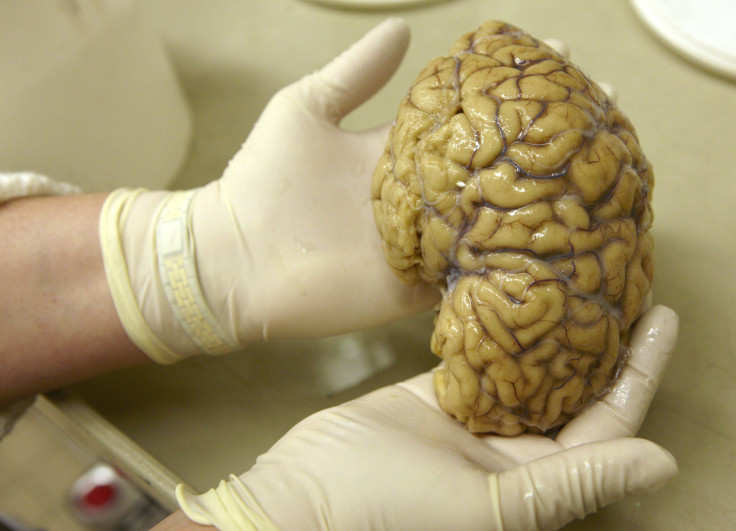Brain Training Does Not Improve Neural Activity, Study Finds; 5 Ways To Sharpen Your Mind

There has been a rise in commercial brain-training programs in the last few years, with games such as the ones from Lumosity, which claim to tap cognitive functions such as attention, memory and cognitive flexibility gaining prominence.
However, a new study, conducted by researchers at the University of Pennsylvania and published in the July 10 issue of the Journal of Neuroscience, suggests these training games or commercial brain-training programs do not boost people’s neural activity and overall thinking abilities to make them think "smarter."
Read: Dementia In Old Age Can Be Prevented By Cognitive Training, Report Says
Researchers analyzed brain functioning among 128 young adults between the age group of 18 to 35 years, who were given brain-training or made to play video games and Lumosity games five times a week for 10 weeks.
The study found that the ones who played Lumosity games had not become better in terms of cognitive performance or standard tests of memory and attention as compared to players of computer video games. Researchers found that the individuals who played Lumosity games also did not show any differences or betterment in brain activity during decision-making tasks as compared to the ones who played video games.
"Commercial adaptive cognitive training appears to have no benefits in healthy young adults above those of standard video games for measures of brain activity, choice behavior, or cognitive performance," the study concluded.
The manufacturers of Lumosity products have claimed the games to be able to boost people’s cognitive abilities as the games’ difficulty levels were set according to people’s performance. In spite of these claims, researchers who conducted the study said it was not clear if the game boosts the functioning of the brain or people just get better at the games because they learn to complete specific tasks, UPI reported.
The team of researchers, co-led by Joseph Kable, PhD, the Baird Term associate professor in the department of Psychology in the School of Arts & Sciences; John H. Glick, professor in Cancer Research in the Perelman School of Medicine; and Caryn Lerman, PhD, the vice dean for Strategic Initiatives, analyzed the claims of the manufacturers of Lumosity regarding the impact of the games on cognitive function and examined whether commercial brain-training had any effect on an individual’s tendency to make risky or impulsive decisions and choices.
According to a previous study conducted by Lerman, "brain circuits involved in self-control predicts whether people can refrain from smoking." This study provided a base to examine whether modulating these circuits through brain-training could have an effect on behavior.
"The logic would be that if you can train cognitive abilities and change activity in these brain structures," Kable said, adding "then that may change your likelihood of impulsive behavior," according to Medical Express.
However, there are natural ways you can boost the functioning of your brain and keep your mind sharp rather than resorting to brain training techniques, according to Live Science.com.
Regular aerobic exercise helps the brain to function effectively and makes it fitter with time. At least 30 minutes of physical activity everyday can boost your mental health.
Extreme dieting and the deficiency of adequate calorie intake can lead to feeling of distraction, memory impairment and confusion. Overindulging your brain in a particular activity can also prove to be harmful.
Poor sleeping habits can lead to cognitive decline in old age and also can make it harder to think rationally learn new things. Thus, adequate sleep is essential for proper functioning of the brain.
Stress is harmful to brain functioning and so scientists suggest that living a balanced lifestyle with proper food, exercise and sleep could delay the process of memory impairment.
The key to reducing cognitive decline is to make your brain work every day and learn new things. Crossword puzzles, jigsaw puzzles and sudokus help in keeping your brain in shape.
© Copyright IBTimes 2024. All rights reserved.












